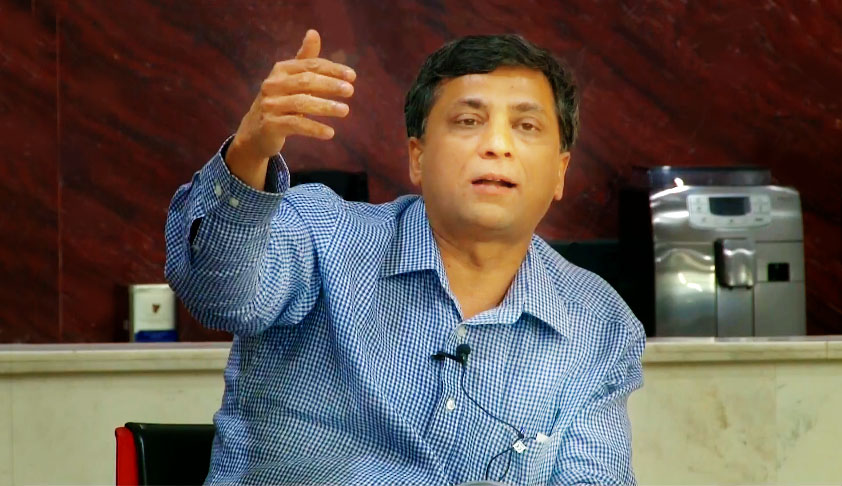Shyam Diwan To Argue For Polygamy Ban; Given Liberty By SC To File IA In Main Matter
LIVELAW NEWS NETWORK
1 Sept 2018 10:09 AM IST

Next Story
1 Sept 2018 10:09 AM IST
Four months after the Supreme Court sought the Centre’s stand on banning polygamy and nikah-halala on six petitions and referred them to a constitution bench, one more woman victim moved the apex court with a similar demand.A bench of Chief Justice Dipak Misra, Justices D Y Chandrachud and A M Khanwilkar yesterday granted senior advocate Shyam Diwan who represented the fresh petitioner...
